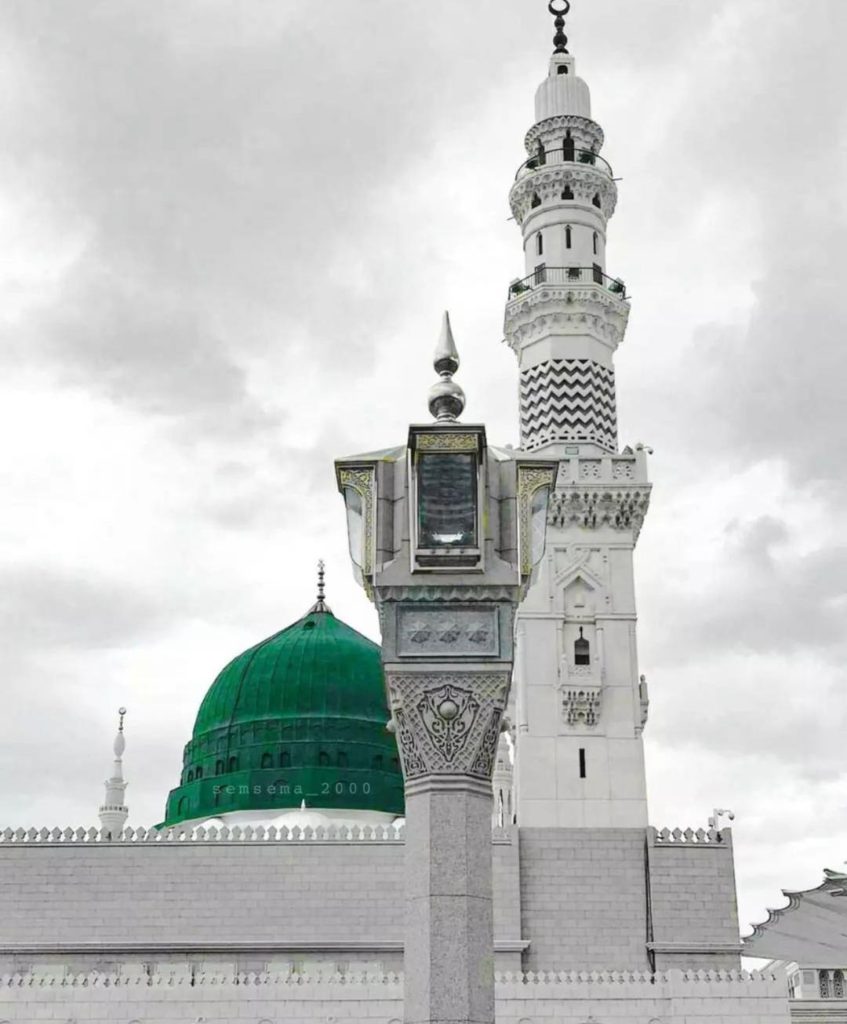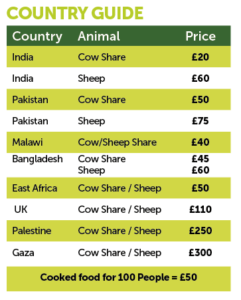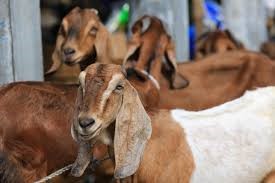Helping, caring and hospitality were some of the great characteristics of our Prophet SAW and the Sahaba RA. Merely having the opportunity to help our Muslim brothers and sisters is something we should be extremely grateful for. It is the poor and needy people who have given the likes of me and you the opportunity to fulfill one of the pillars of Islam and at the same time, the chance to bring the sunnahs of our Nabi SAW into our lives. Likewise, going out for the purpose of aid work gives one the opportunity to express deep gratitude for everything Allah SWT has blessed us with.
Going out to Bangladesh and the Rohingya camps had always been my desire. After following the Rohingya situation so closely back in 2017, and also hearing about the plight of our Rohingyan Muslims first hand few years prior to that created a deep pain in my heart. Since then, I constantly felt a tug inside to go out there, see the situation firsthand, and truly try to envision the suffering these people have been through and are still going through. These are our Muslim brothers and sisters; not only do we have this mighty connection with them but also the fact that they too are South Asians so are culturally very similar to us and would have lived a life very similar to our families back home.
*Cox’s Bazar – Rohingyan Camps*
The plight and situation of our Rohingyan Muslims in the camps is something very hard to describe. The whole area is a world of its own, a whole world away from ours. There’s throngs and throngs of people everywhere you look, homes, if you can call them homes, so close to each other in proximity that you can actually feel the body heat emanating from the home next door – this camp is one of the most crowded and compact places in the world. No home in the camp is made out of bricks or concrete and no home is bigger than two rooms. No home has its own toilet facilities and no home has a direct water supply. Most homes have more than six people in there so you can imagine the intense heat during the hot and humid summer nights. The heat inside the homes felt more than the heat outside and it was only 30 degrees when we went. We have to remember that this place was a jungle before, it’s all a hilly area with every house on a hill – once off the main street you are walking through narrow alleyways and small bamboo bridges.
The attitude of the people was all about gratitude, happy to be in a safe place, and trying to live life the best they can whilst trying to get as much support from charities as they can. Local people describe the Rohingyans as hard-working people and from what we saw, over the last few years they have helped build some kind of infrastructure to make the place a bit more livable.
As the midday heat made us sweat and swelter despite being in the shade, our Rohingyan brothers and sisters waited in the heat to pick up their food parcel, a parcel worth so little to us but so much to them. As 1000s gathered, the parcels started to diminish faster and faster and the atmosphere started to become more intense and of desperation; unfortunately, due to our safety the local Bangladeshi people told us to move onto our next project. We moved but the desperation is still there and the plight is dire.
As the day went by and we moved from camp to camp and project to project, we saw the different needs of the people, people who have now been here for over 5 years. Education and particularly an Islamic education is a desperate requirement. Why is this required and why now? There are hundreds of non-Muslim charities working in these camps, they are infiltrating their ideas and ideologies into the minds of these vulnerable people and especially children. A lot of children have not seen anything better; they notice that they are being delivered their education from non-Muslims, food, shelter and medical services all from non-Muslims. It starts off with a cross on a plastic bag and a ‘Hi!’ instead of ‘Assalamu Alaykum and the chasm between them and Islam slowly gets bigger and bigger. Locals have mentioned that when the Rohingyans first came all the children used to say Assalamu alaykum to one another really loudly but now that’s a distant memory with most of them saying ‘Hi’ and ‘Hello’. It seems innocent and minute on the surface but there is a deeper and more sinister agenda behind it. They are adapting to the ways of the people who are looking after them.
The Rohingyans have the same requirements as us: the need for medical services, the need for proper doctor’s surgeries, hospitals and equipment. At one of the medical surgeries where the main basic services were provided, the Doctor mentioned that a lot of these people require mental health services due to the severe trauma they have been through. We tend to focus on physical health and the need to provide for that but the desperation for mental health support is equally important.
As the day went on we saw that many charities around the world are doing some fantastic work, showing care and love to the people and the local Al-Imdaad team on the ground was exceptional in providing everything from A-Z so that all the different projects can be delivered on time and in the right manner. They worked with constant smiles on their faces, and with an unmatchable dedication and commitment. At a number of different stages they wanted to show us every single house that was donated, but unfortunately due to the heat, location of the houses, and time constraints this was not possible. A lot of the team have now moved into the camp area to be closer to the people and their work. May Allah SWT accept all their efforts. Ameen.
*Bashan Char Island*
Our trip to see our Muslim brothers and sisters continued the next day to Bashan Char island, an island 4 hours from the mainland and an island that only came into existence in the last 20 years due to silt deposits. This is an island that most human rights and environmental groups have said is not safe to live on. Despite this, the Bangladesh government’s desire to move the Rohingyans to this island was a firm one and in 2020 people started to get shipped to this island. Upon first viewing, we noticed that the island is well constructed, the roads, the homes, primary healthcare centres, a small hospital, and plenty of open space. I would go as far as to say the conditions are a million times better than the camps. Millions and millions of pounds have been spent on the island and it makes you question…why? Is it for the goodness and wellness of the Rohingyans or is it to get rid of the Rohingyans? Everything was really well organised, the place looks aesthetically symmetrical and everything has been well thought through…the cynic in me thinks a bit too well thought through at times. Each house was bricked on the outside, but on the inside bricked only three-quarters of the way up with the top quarter covered in barbed wired, which made the room look like an animal pen. Not only this, but everything can be heard by the neighbours on each of the sides resulting in zero privacy. I can’t tell you if this was done deliberately or just to save on cost, but i can say it will have a psychological impact on the people – it’s about making them feel inferior.
What is the catch to this island and what are the steps going forward? The island allows the government to have 100% control over the Rohingyans and the catch is it is impossible for them to leave the island. Even we had to travel via a navy ship to the island. Going forward and after speaking to the Rohingyans there, the number one desire is to earn a living for themselves, they don’t want to be dependent on the government and aid. However, this is only possible if Bangladesh allows it. Interestingly, we were told they are looking into this.
The Rohingyans still have a longing and hope to go back to Myanmar one day but for now, this is home and this is where they want to make a living.
This trip has been full of eye-openers, from the camps to the island, we saw our Muslim brothers and sisters suffering 5 years on after being driven out of their homeland. No person should have to live in them conditions, no person should have to survive and be controlled by others, and no person should be desperate for basic necessities in life.
The most important thing we can do is make dua for these people, that Allah SWT makes it easy for them and makes it safe for them to return to their home country. Remember, these are our Muslim brothers and sisters who have suffered so much and are still suffering today. I’d like to conclude with a hadith of the Prophet SAW: “A Muslim is the brother of a Muslim who does not oppress him nor hand him over, and whosoever is after the need of his brother, Allah will be after his need, and whosoever relieves a Muslim from the plight of distress, Allah relieves him from one of the plights of distress of The Day of Resurrection, and who enshrouds a Muslim, Allah will cover him on The Day of Judgement.”
I pray Allah makes us from those who are able to relieve the plight of others. Ameen.

 .
.


 This is a story that carries many life lessons for all of us. The story of Abdul Sattar Edhi, and the legacy he left behind.
This is a story that carries many life lessons for all of us. The story of Abdul Sattar Edhi, and the legacy he left behind. . He mobilized millions of dollars without sophisticated media, marketing or communication strategy. His branding was his simplicity, honesty, and integrity.
. He mobilized millions of dollars without sophisticated media, marketing or communication strategy. His branding was his simplicity, honesty, and integrity.